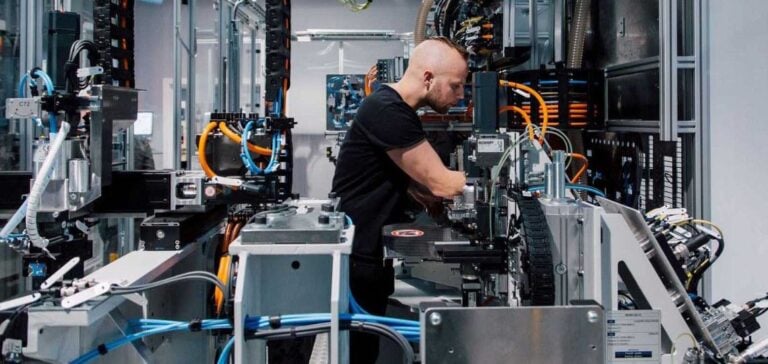Renault and Geely welcome Aramco to their joint venture, Horse, specializing in combustion and hybrid engines. This 10% acquisition values Horse at 7.4 billion euros, with Renault and Geely each retaining a 45% stake.
Partnership objectives
Horse, launched on May 31, is dedicated to the design, production and sale of engines, transmissions and batteries for combustion and hybrid vehicles. These products remain dominant outside Europe and China. Aramco’s entry into this partnership is designed to strengthen Horse’s technological and industrial capabilities. Aramco is thus multiplying its partnerships, as demonstrated by the contract signed with Sinopec for the construction of pipelines.
The agreements also include a collaboration with Valvoline on technologies and lubricants, aimed at improving the performance of Horse products. This strategic cooperation will enable the three companies to pool their resources and expertise to make significant advances in the powertrain sector.
Financial and industrial impact
Aramco’s investment will support Horse Powertrain Limited’s growth, increasing its ability to innovate and respond to market needs. Horse, with its 19,000 employees at 17 production sites and 5 research centers, is well positioned to capitalize on this partnership.
With forecast annual sales of €15 billion, Horse benefits from the intellectual property transferred by Renault and Geely, strengthening its technological base. This strategic partnership is designed to consolidate Horse’s position in the global combustion and hybrid engine market.
Future prospects and developments
Aramco Vice President Ahmad O. Khowaiter stressed the importance of this alliance to leverage the collective resources and skills of the three companies. For his part, Renault CEO Luca de Meo stressed the need to join forces to open up new prospects in the sector.
This strategic partnership aims not only to strengthen Horse’s production capabilities, but also to explore new opportunities in the fuels and lubricants market, thereby consolidating its competitive position.
All in all, Aramco’s acquisition of 10% of Horse marks a key step in the development of this joint venture’s industrial and technological capabilities. This strategic alliance will enable Renault, Geely and Aramco to pool their strengths and make significant advances in the internal combustion and hybrid engine markets.
**Long tail:**
Renault Geely Aramco partnership
**Meta-description:**
Aramco acquires 10% of Horse, a joint venture between Renault and Geely, to strengthen industrial and technological capabilities.
**List of countries mentioned:**
Saudi Arabia, China, France
**List of companies mentioned:**
Aramco, Renault, Geely, Horse, Valvoline
**List of relevant tags:**
Aramco, Renault, Geely, Horse, combustion engines, hybrid engines, Luca de Meo, Ahmad O. Khowaiter
**Thematic:**
Sales partnerships
**Photo ideas:**
1. An image of Renault, Geely and Aramco executives at the partnership announcement.
2. A photo of Horse’s production facilities, highlighting engine and transmission technologies.






















